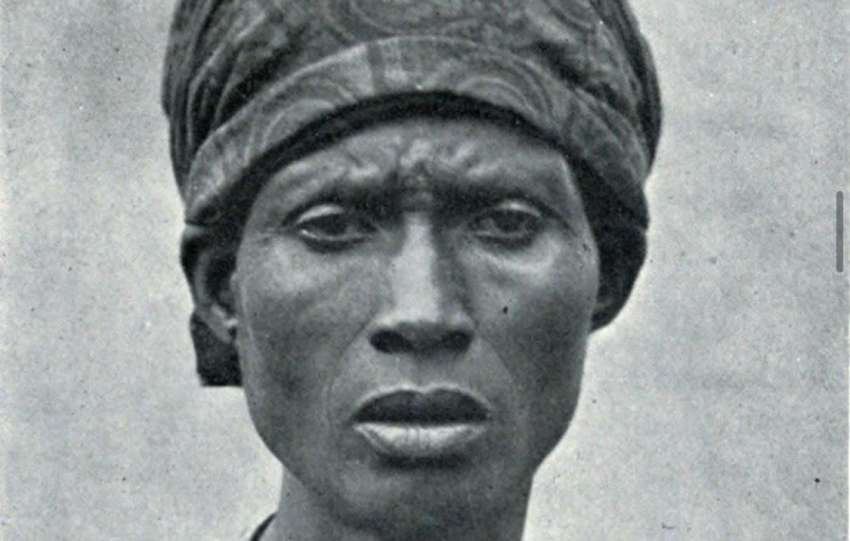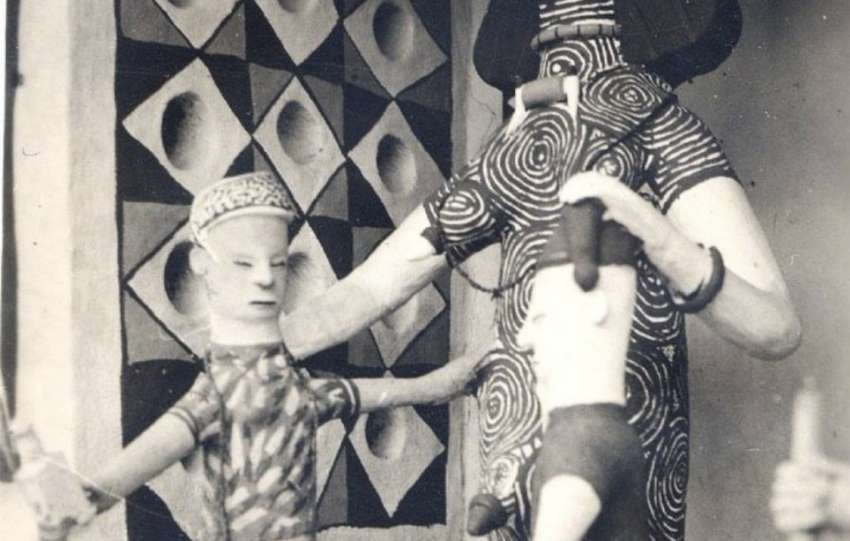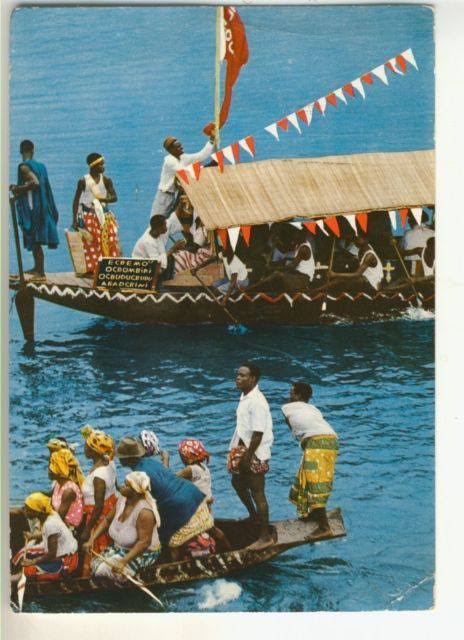
The Igbo people, often referred to as the “Heebo, Eboe, Ibo people” in historical records, demonstrated remarkable expertise in the construction of canoes during the pre-colonial era especially tribes in the Niger Delta areas like the Aboh (Ndokwa), Oguta (Ugwuta), Ekpeye, Awarra, Enuani, Onitsha, Ogbaru, Alenso (Egbema), Etc,. These canoes were not only essential for trade and transportation but also served as tools of war, reflecting the advanced maritime skills of the Igbo communities and their strategic approach to territorial defense and commerce.
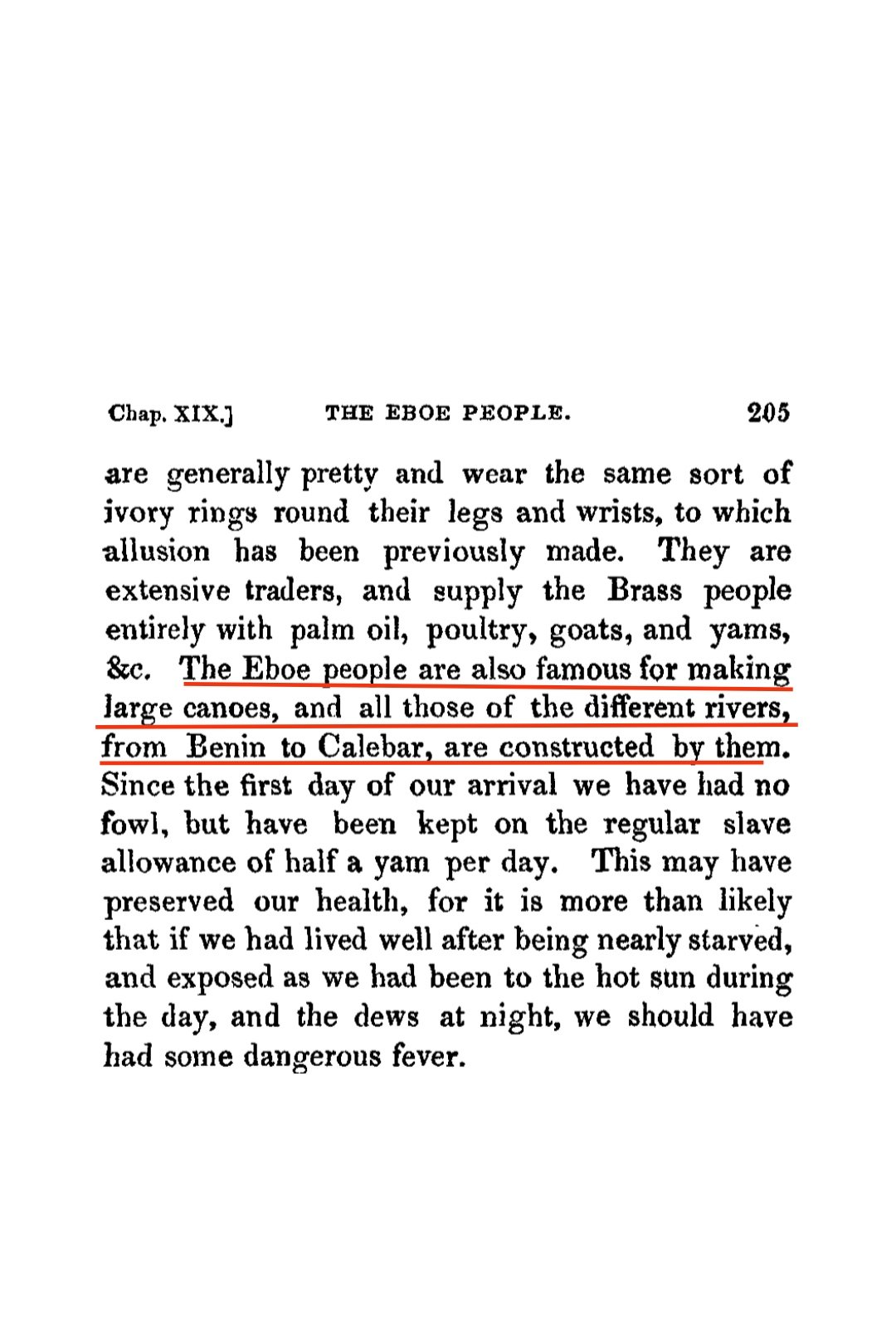 Mastery of Canoe Construction
Mastery of Canoe Construction
Historical accounts highlight that the Igbo people were renowned for crafting large canoes used extensively across the waterways from Benin to Calabar and the Niger Delta communities. These vessels played a vital role in trade, supplying regions like Brass and Ijaw tribes with palm oil, poultry, yams, and other goods. Such craftsmanship points to a sophisticated understanding of hydro-dynamics and durable materials suitable for the Niger Delta’s waterways.
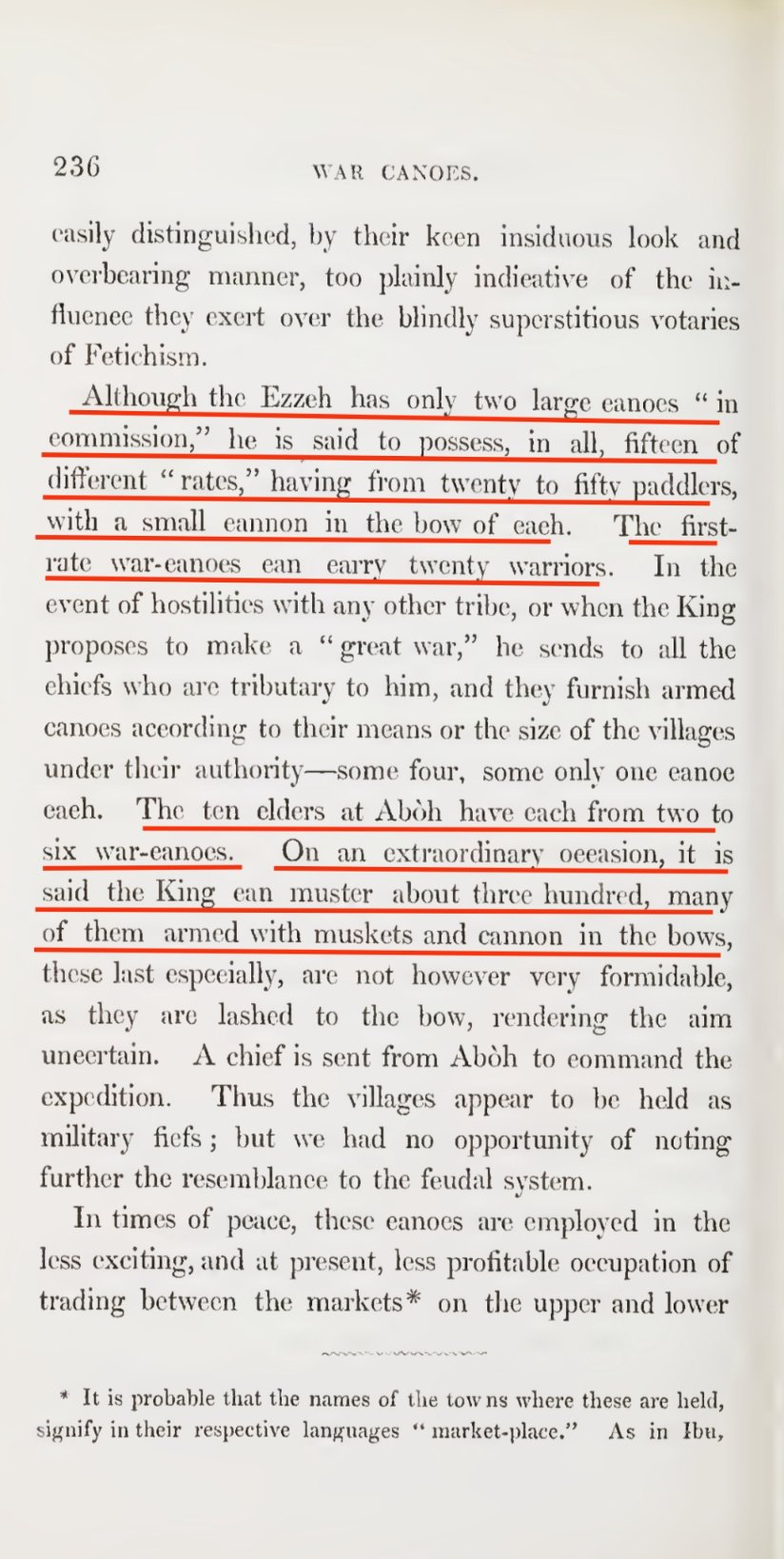 The Role of War Canoes
The Role of War Canoes
Beyond trade, the Igbo communities adapted their canoe-building expertise for military purposes especially the Oru Igbo tribes and those in the Niger Delta region. Leaders such as some Eze’s and Obi’s were reported to command fleets of war canoes, with some capable of holding 20 to 50 paddlers. These war canoes were often equipped with small cannons mounted at their bows, demonstrating an integration of indigenous technology and imported weaponry. In times of conflict, these vessels allowed Igbo communities to mobilize warriors effectively, with some accounts noting up to 300 warriors armed with muskets and cannons.
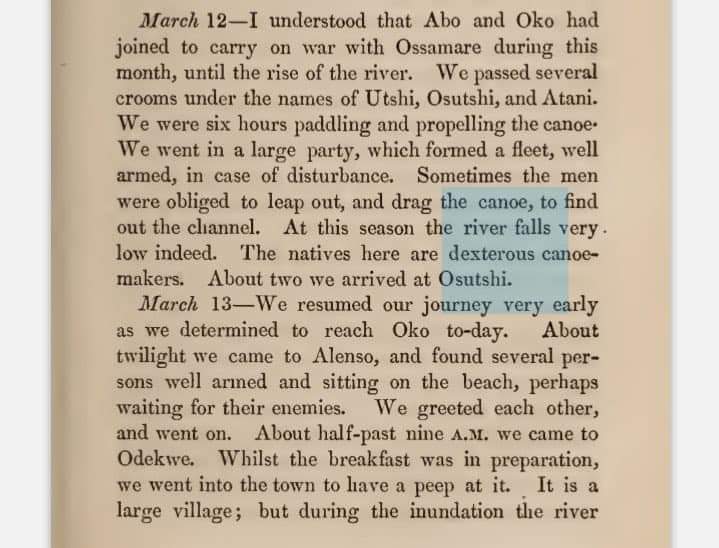 Strategic Organization
Strategic Organization
The war canoes functioned as part of a broader system of military alliances and feudal-like governance. Chiefs from tributary villages were required to contribute canoes and warriors during conflicts, with the size of their contributions proportional to the village’s resources. This decentralized but coordinated military structure ensured that the Igbo tribes could respond swiftly to threats while maintaining control over their waterways.
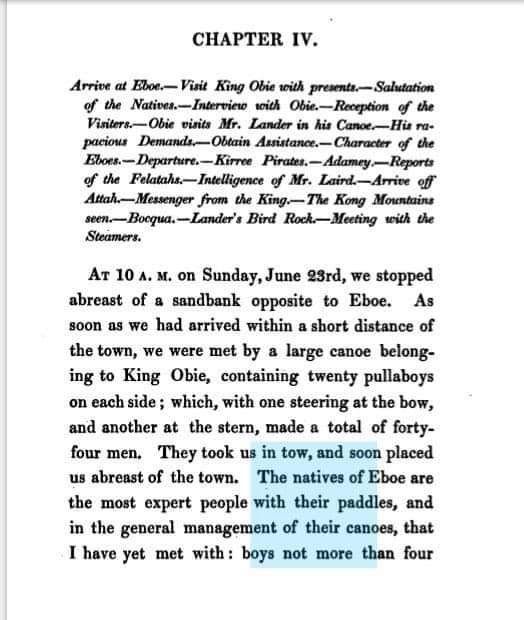 Dual Use in Peace and War
Dual Use in Peace and War
In peacetime, these canoes transitioned from instruments of war to vehicles of commerce. They facilitated trade between markets along the upper and lower Niger, underscoring the versatility of Igbo maritime technology and its contribution to the region’s economic vitality.
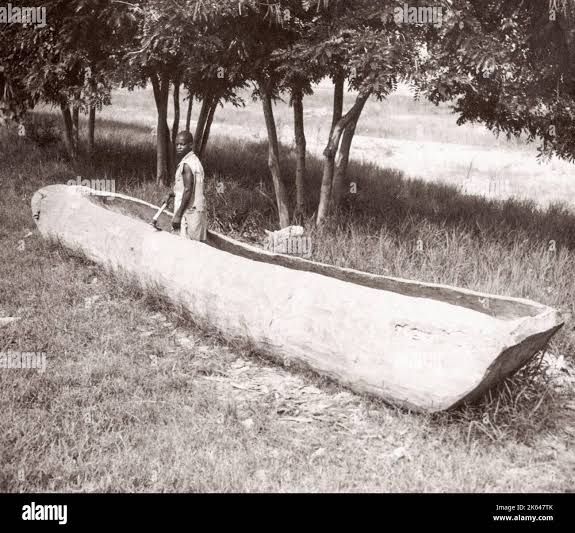
The creativity behind these canoes and their strategic applications illustrates the complexity of Igbo society in pre-colonial times. Their dual use as tools of trade and instruments of war highlights the adaptability and resilience of the Igbo people in navigating both external and internal challenges.
References
Bourne, F. (1858). Narrative of a visit to the Niger, Tchadda, and Binue rivers. London: John Murray.
Baikie, W. B. (1856). Narrative of an Exploring Voyage Up the Rivers of Kwo’ra and Benue. London: John Murray.

